Uncle Liu, 65, has been suffering from diabetes for many years and has been taking hypoglycemic drugs for a long time. Last week, he self-administered antibiotics for an upper respiratory tract infection and passed out during his morning exercise. The doctor explained that it was because the antibiotics he took increased the hypoglycemic effect of the hypoglycemic drugs, and he did not eat breakfast, which caused the blood sugar to drop too fast, resulting in a hypoglycemic coma.
Aunt Zhang, 55, suffers from hypertension, diabetes, coronary heart disease, osteoporosis and other diseases, and needs to take more than 10 kinds of medicines every day. For convenience, she divides the medicines that she needs to take each time into a medicine box and takes them together after meals. Obviously, this way of taking the medicine is also wrong.
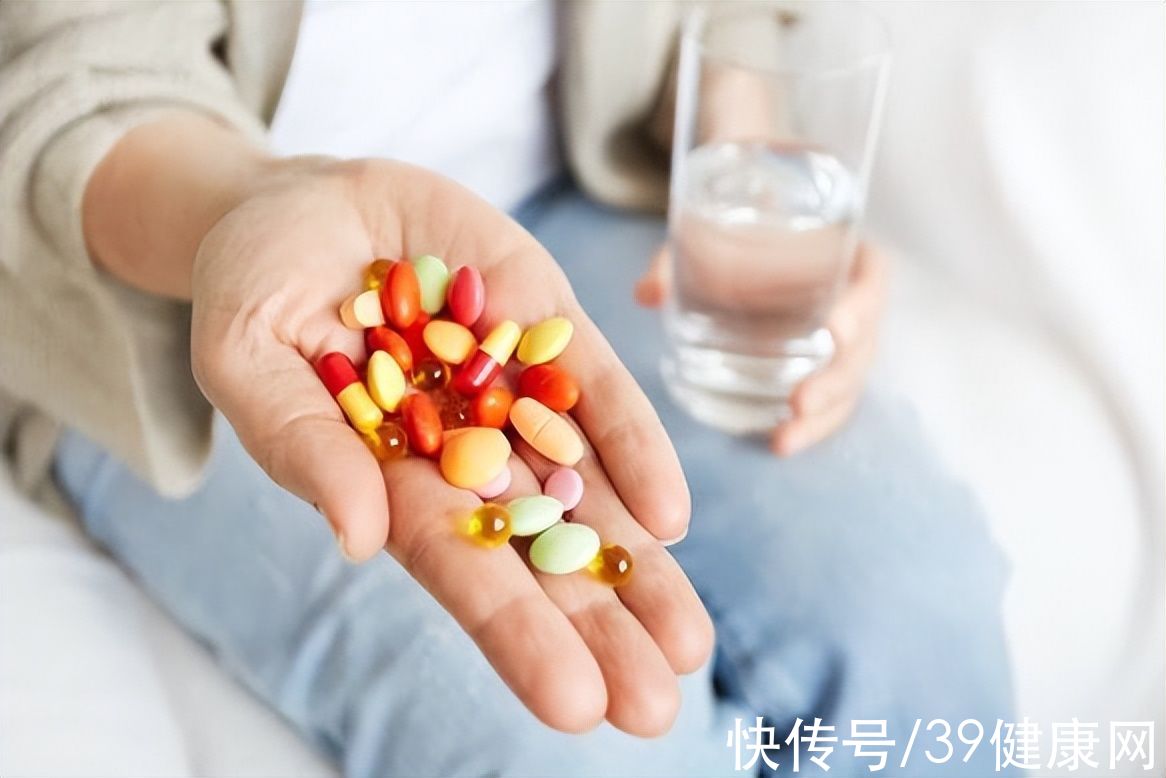
With the increase of age, the probability of the elderly suffering from various chronic diseases is getting higher and higher. Often multiple diseases coexist, and there are many types of drugs. However, with the decline of liver and kidney metabolic functions, the functions of the elderly in the absorption, distribution, metabolism and excretion of drugs are also weakened, and the risk of adverse drug reactions increases, and even brings serious consequences of death.
Today, Xiaojiu will summarize the common misunderstandings of medication and reasonable medication guidance for the elderly. Come and see, have you been recruited?
Common misconceptions about medication in the elderly
Misunderstanding 1: taking multiple medicines together
As in the previous case, many elderly people will Taking different medicines together, or taking medicines repeatedly due to memory errors.
However, polypharmacy (more than 5) often involves drug-drug antagonism, as well as other side effects. Moreover, some drugs need to be taken at specific times such as before meals, after meals, on an empty stomach or before going to bed, and cannot be taken together.
Therefore, it is recommended that the elderly or their family members should keep a clear record of the relevant information on medication, including the name, dosage, frequency, time, etc. of the medicine corresponding to the disease. For more than 5 kinds of medicines, it is recommended to consult a doctor Do an overall medication assessment.
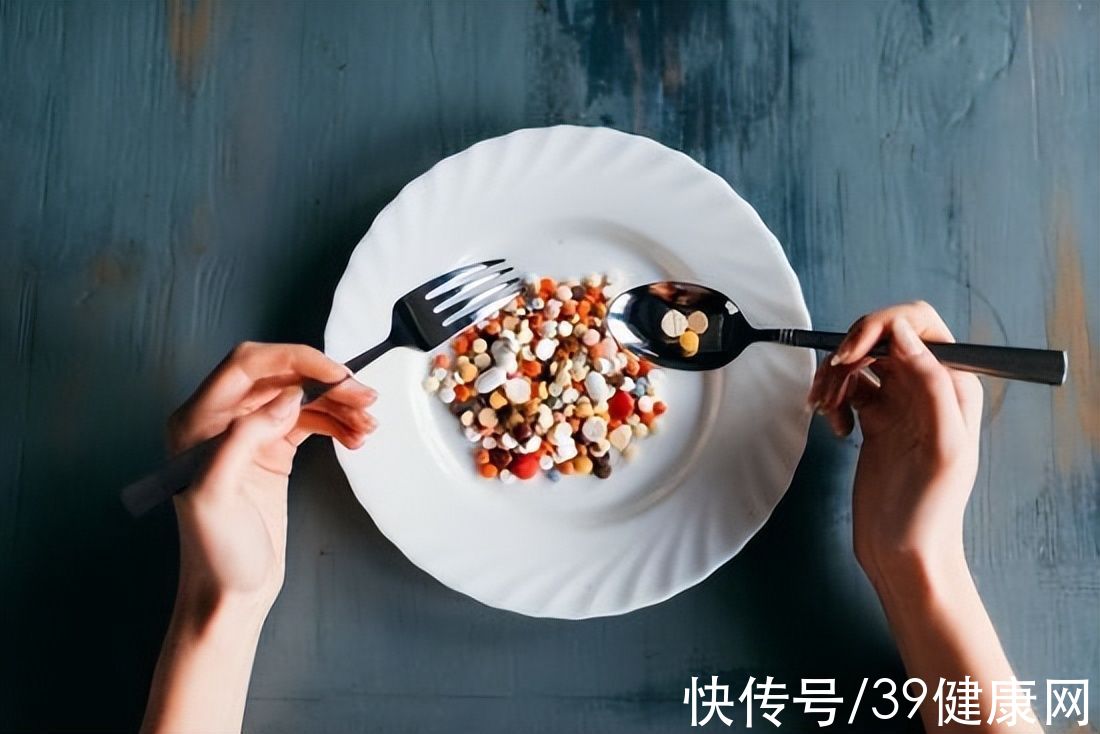
Misunderstanding 2: Dosage increase or decrease by yourself
Some old people Relying on the experience of “long illness becomes a doctor”, people think they know their own condition, and there are situations in which they increase or decrease the dosage of medicines, stop medicines without authorization, and purchase and take them by themselves.
Actually, many chronic diseases can only be controlled by long-term medication. Self-increasing or decreasing the dose or once the medication is stopped will inevitably lead to a rebound in various health indicators, resulting in recurrence or even deterioration of the disease.
Misunderstanding 3: Blindly believing in home remedies
Many elderly people go to the doctor in a panic and believe in so-called ancestral secret recipes and home remedies. Often without the guidance of a doctor, the abuse of traditional Chinese medicine recipes. There are also elderly people who believe in health supplement advertisements and refuse to take regular medicines. In fact, secret recipes and remedies have not been scientifically verified at all, and health products are not medicines and cannot replace the therapeutic effect of medicines.
All in all, due to the coexistence of multiple diseases and the particularity of medication, the elderly should be extra cautious when using medication. You should follow the doctor’s instructions carefully, actively monitor the medication situation, record the feelings or adverse reactions after the medication, and follow up regularly for review.
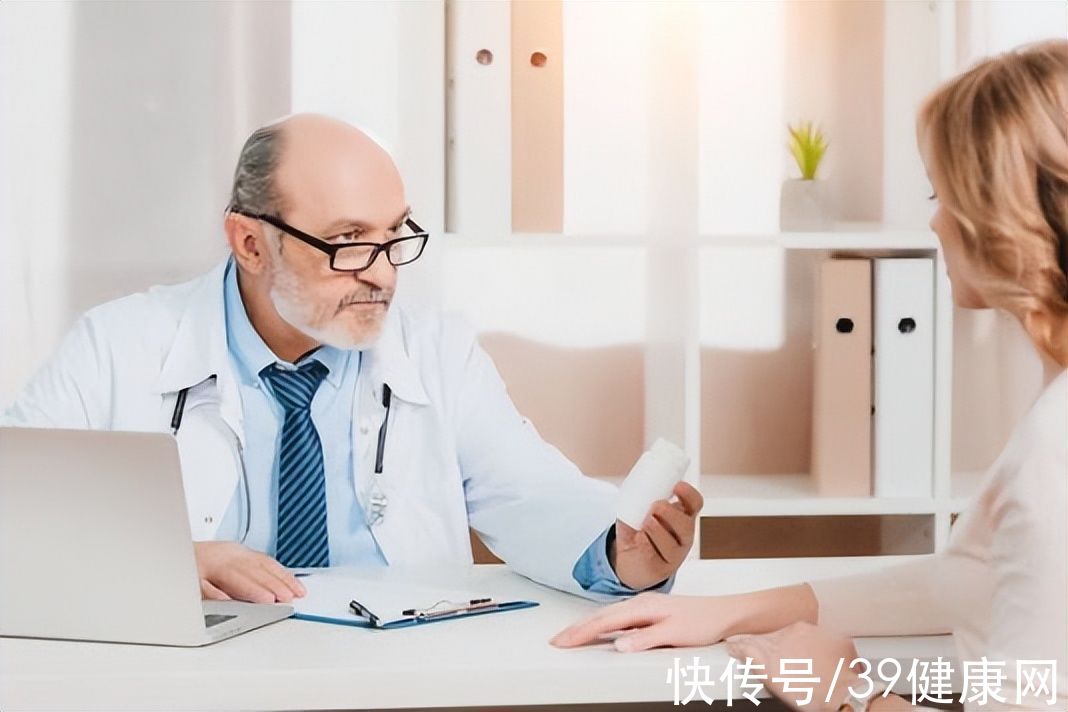
Which medicines are commonly used by the elderly, which can cause serious side effects when taken improperly?
1.Diabetes drugs
Metformin is a commonly used drug for type 2 diabetes to control blood sugar, but metformin may cause lactic acidosis, the main manifestation Muscle soreness, abdominal pain, shortness of breath, and fatigue. In addition, some sulfonylurea antidiabetic drugs have the risk of causing severe hypoglycemia and should be avoided as much as possible.
2. Hypertension drugs
Do not use multiple antihypertensive drugs in combination, although it can quickly reduce blood pressure, it is extremely dangerous, because a short period of time The sudden drop in blood pressure can easily cause arteriosclerosis, and then the phenomenon of insufficient blood supply occurs, resulting in slow blood flow in the cerebral blood vessels, prone to symptoms of coagulation, and eventually induces ischemic cerebral edema.
3. Lipid-lowering drugs
Some people may experience muscle soreness after taking statin lipid-lowering drugs, and in severe cases, muscle cells may collapse , muscle protein causes excessive pressure on the kidneys, which can lead to kidney failure, which is life-threatening.
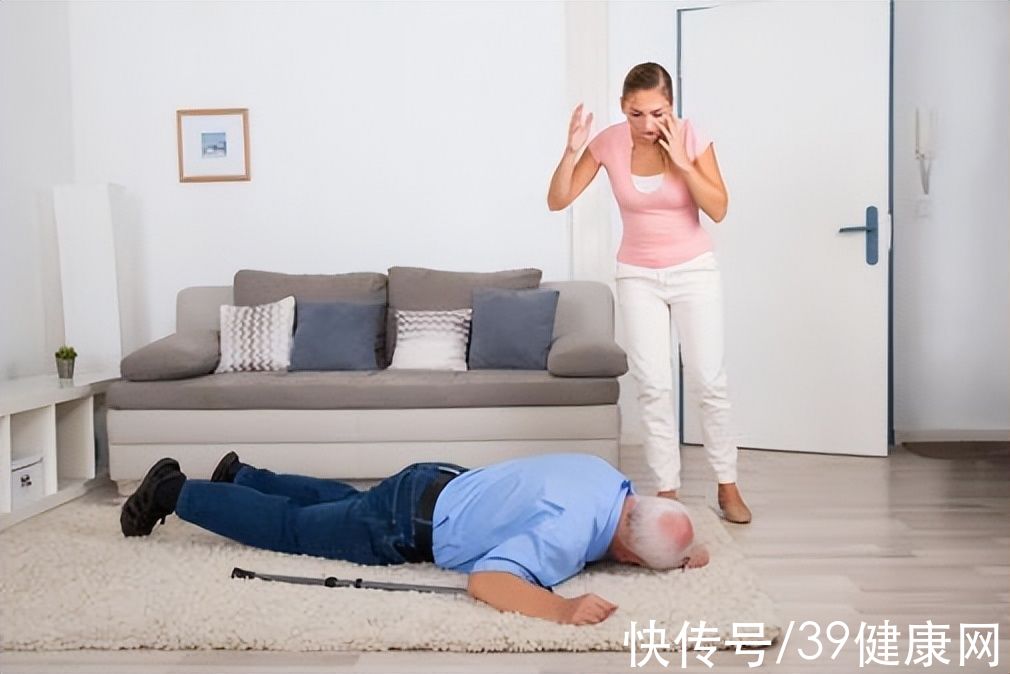
4. Over-the-counter pain relievers
For example, if long-term Or short-term high-dose use of non-steroidal anti-inflammatory drugs can increase the risk of gastric ulcers, and may also increase blood pressure, affect kidney function, and worsen heart failure; excessive doses of acetaminophen can also damage the liver and lead to liver failure.
5.. sleeping pills
Traditional benzodiazepine sleeping pills often have gastrointestinal side effects, increased drug resistance, strong dependence and other problems . Such drugs may cause headache, dizziness, and increase the risk of falls for the elderly. Moreover, the drug takes a long time to metabolize, and the drug effect will lead to poor spirits, lethargy and drowsiness after getting up the next day. Long-term use may cause neurological dysfunction.
For the adverse reactions of the drug, the elderly and their families should pay attention to it in time, and stop, reduce or continue the treatment under the guidance of the doctor. However, any drug has certain adverse reactions, so there is no need to panic.
In fact, most of the adverse drug reactions can be tolerated quickly, and the uncomfortable symptoms will disappear after tolerance. Before choosing a drug, the doctor will fully evaluate the patient’s situation and weigh the benefits and risks. Therefore, the patient only needs to take the medicine as prescribed by the doctor without worrying too much about adverse reactions.
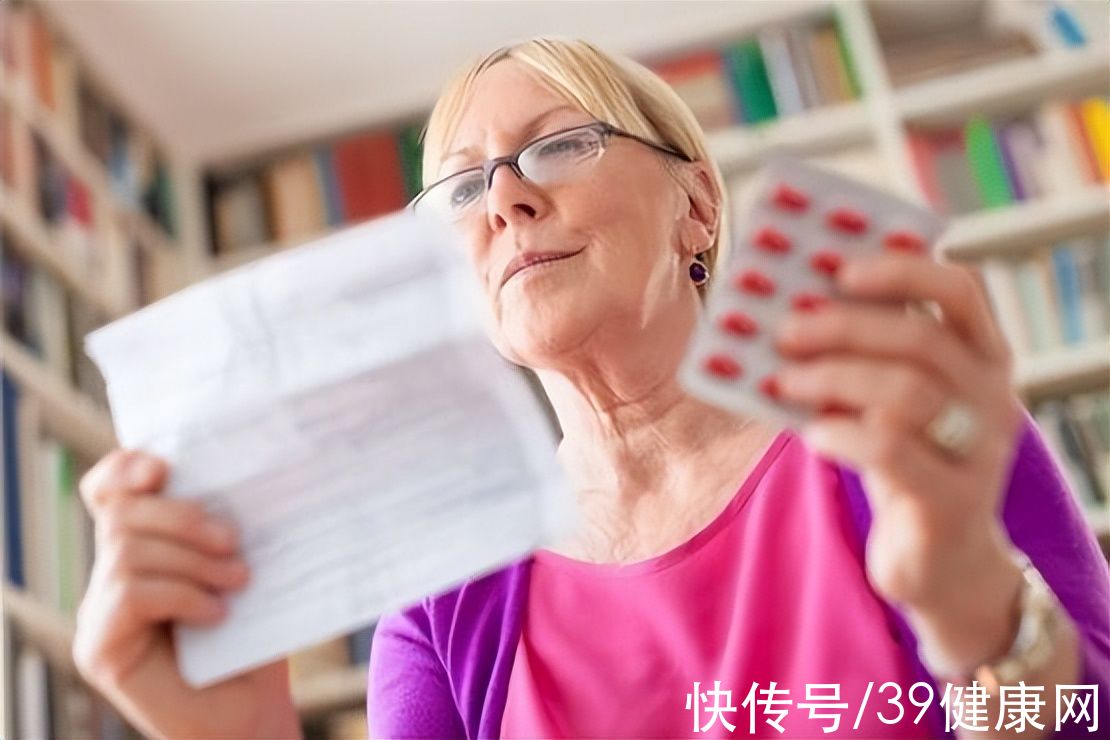
How to improve medication safety for middle-aged and elderly people?
my country has entered an aging society, and the elderly have become an important group of medical and health concerns. We should pay special attention to drug safety issues for the elderly.
1. Taking medicines for middle-aged and elderly people
In addition to children, the elderly are also a special group whose physical characteristics are essentially the same as those of young adults Therefore, we should further reform the medicines for aging, and advocate the use of special medicines for the middle-aged and the elderly.
Special medicine for middle-aged and elderly people is researched and designed from the characteristics of the elderly’s physiology, psychology, living habits, etc., giving more targeted treatment to special physical needs, less adverse reactions, and more convenient use Function. For example, Sunshine Old Man·Laolaibao has unique treatment functions for many typical diseases and symptoms of the elderly, including sleep problems, cardiovascular and cerebrovascular problems, and memory loss. It improves a variety of commonly used drugs and doubles the dose of a single tablet. , the dosage is halved, which can reduce the burden on the liver and kidney and the generation of adverse reactions.
In addition, different from ordinary drugs, it also adopts the unique design patent of “one dose at a time”, one dose is one dose, and the reminder of the morning, noon and evening doses is marked, and there is no need to remember the number of doses , improve drug safety.

2. Enhance medication compliance in the elderly
Elderly People take medicine according to doctor’s orders, and improving compliance is an important factor to ensure the effect of treatment. In addition to the elderly, family members of patients should also pay more attention to the elderly and assist in supervision.
With the increase of age, the mental and psychological self-adjustment function of the elderly is gradually weakened, and it is easy to produce various negative emotions, which greatly affects the development of the disease. Therefore, the society and family should give more warm care and careful care to the elderly to help them improve their awareness of drug safety.
At present, the national middle-aged and elderly calligraphy and painting photography exhibition activity “Hello, Sunshine Old Man”, sponsored by People’s Daily Online and People’s Health, co-organized by Hebei Baishan Pharmaceutical Co., Ltd. and supported by the Drug Safety Cooperation Alliance, is in full swing , Calligraphy, painting and photography activities not only enrich the cultural life of the elderly, but also spread the concept of rational and safe drug use for the elderly, and give more humanistic care to the health of the elderly with medication. All middle-aged and elderly friends are welcome to participate actively.
Click the blue font below to sign up for the contest:
Hello, Sunshine old man
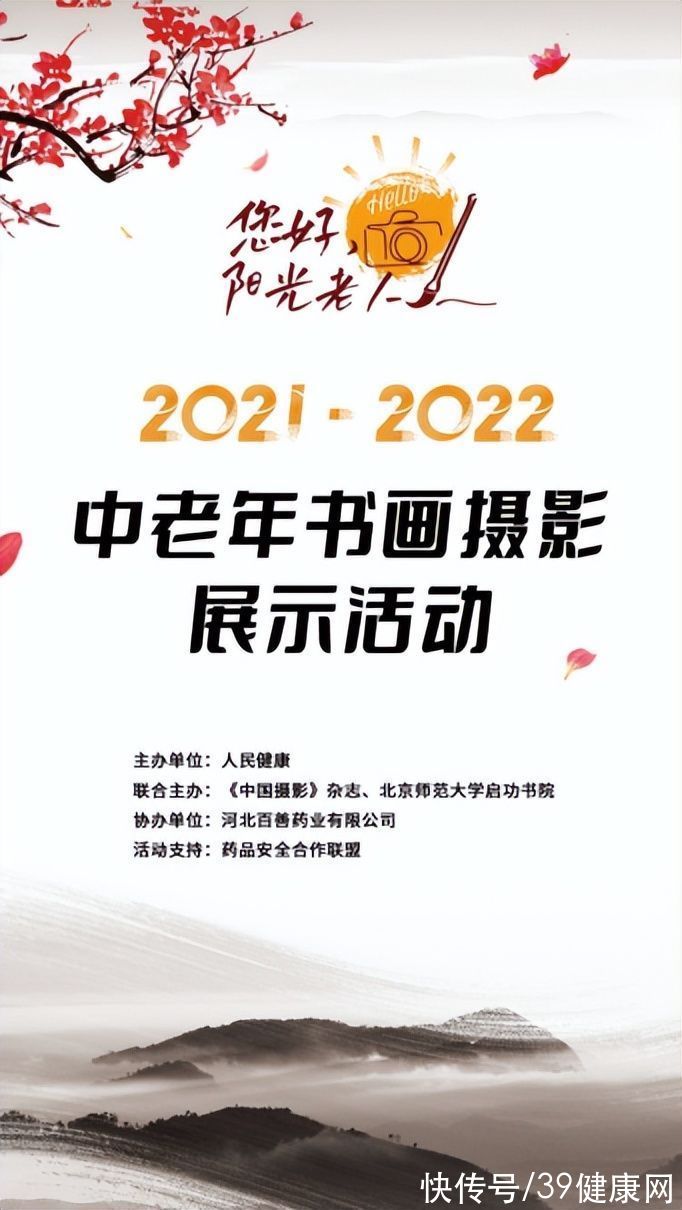
References:
1. Pharmacy case reviews and analysis of drug safety in the elderly Personality of the Times. Medical Economics News. 2014-07-16
2.5 types of commonly used drugs for the elderly, improper use will cause serious side effects! Not only blood pressure medicine. Family Doctor Famous Doctor Online. 2020-04-07
3. Wang Min. Issues that the elderly should pay attention to in medication [J]. Chinese Community Physician, 2014: 10-11.
p>